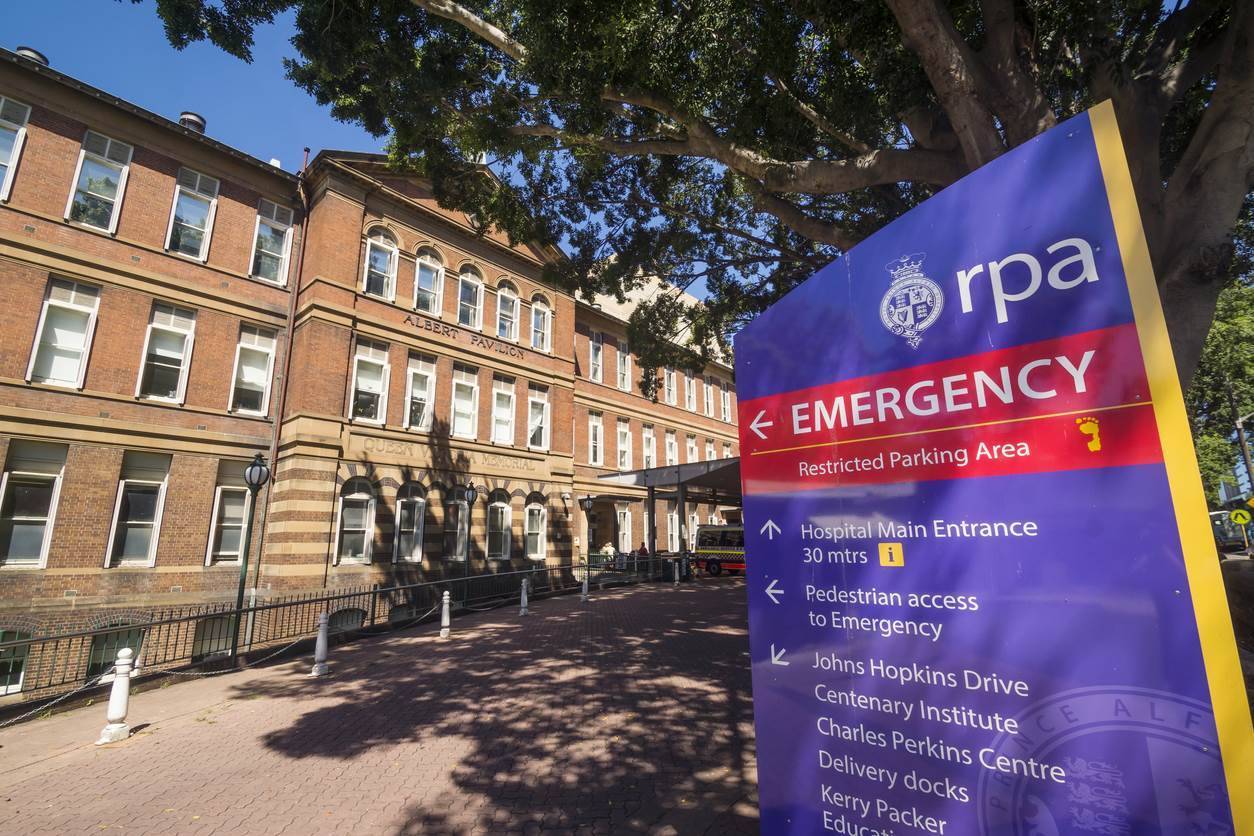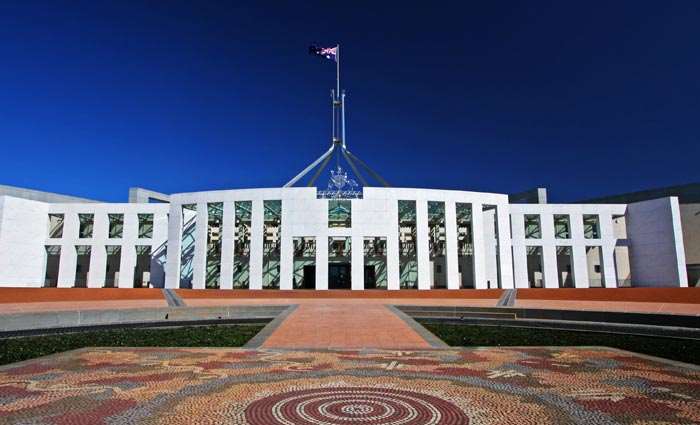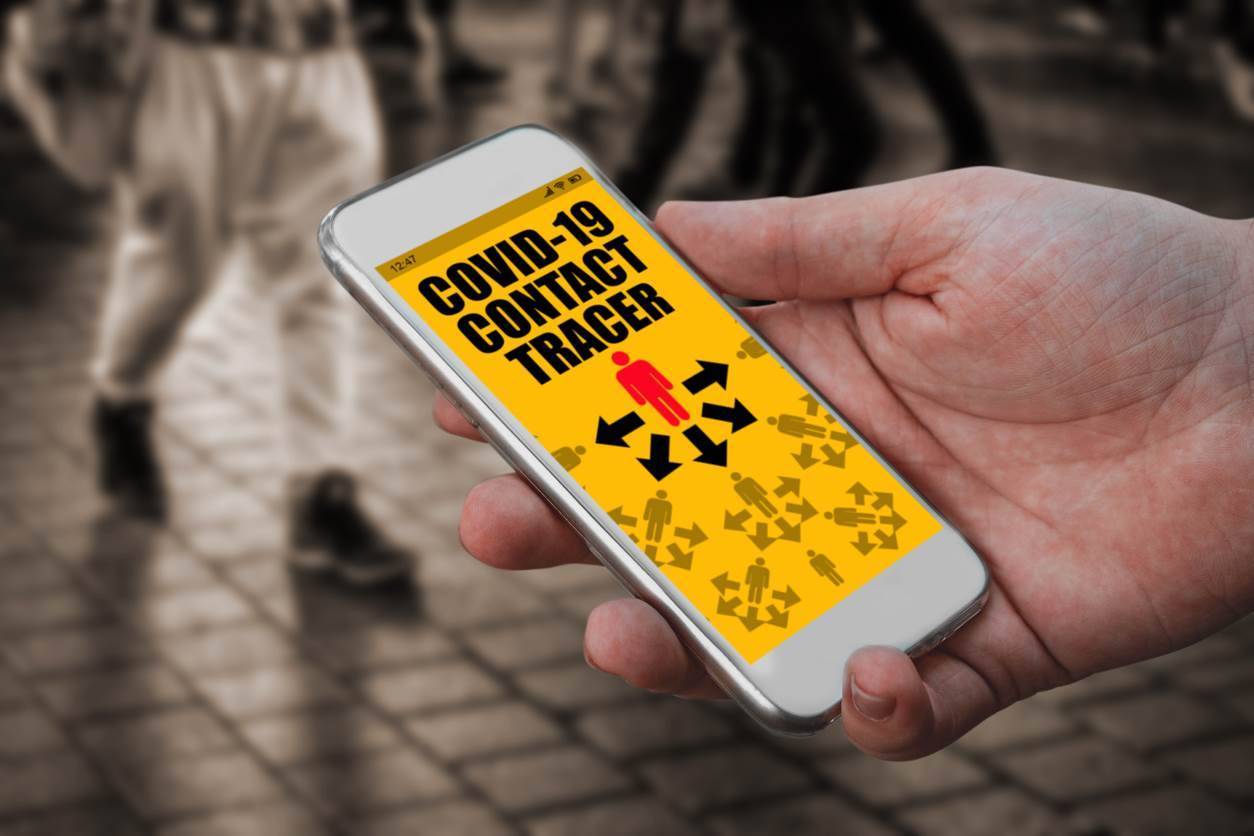Flashback
Enthusiast
- Joined
- Oct 29, 2006
- Posts
- 13,691
Social distancing forever, or a Bluetooth app with legislated use, and deletion of data. Seems a fairly simple choice.
Apple (and Google) have offered APIs which will allow these apps to be built, and they will only do so if there is no centralised database. I probably trust Apple more than any government, which is a sad state of affairs in itself.
If they release the source code as they say they will, then I'd trust it.
You can guarantee Google/Apple won't be releasing any source code though and with some governments opting for that solution it's interesting.
Switzerland, Austria align with Google and Apple's contact tracing approach
Over an alternative German-led approach.
That being said, lots of people with Android phones have Google Location History enabled anyway, so it's not really a much further stretch.


















